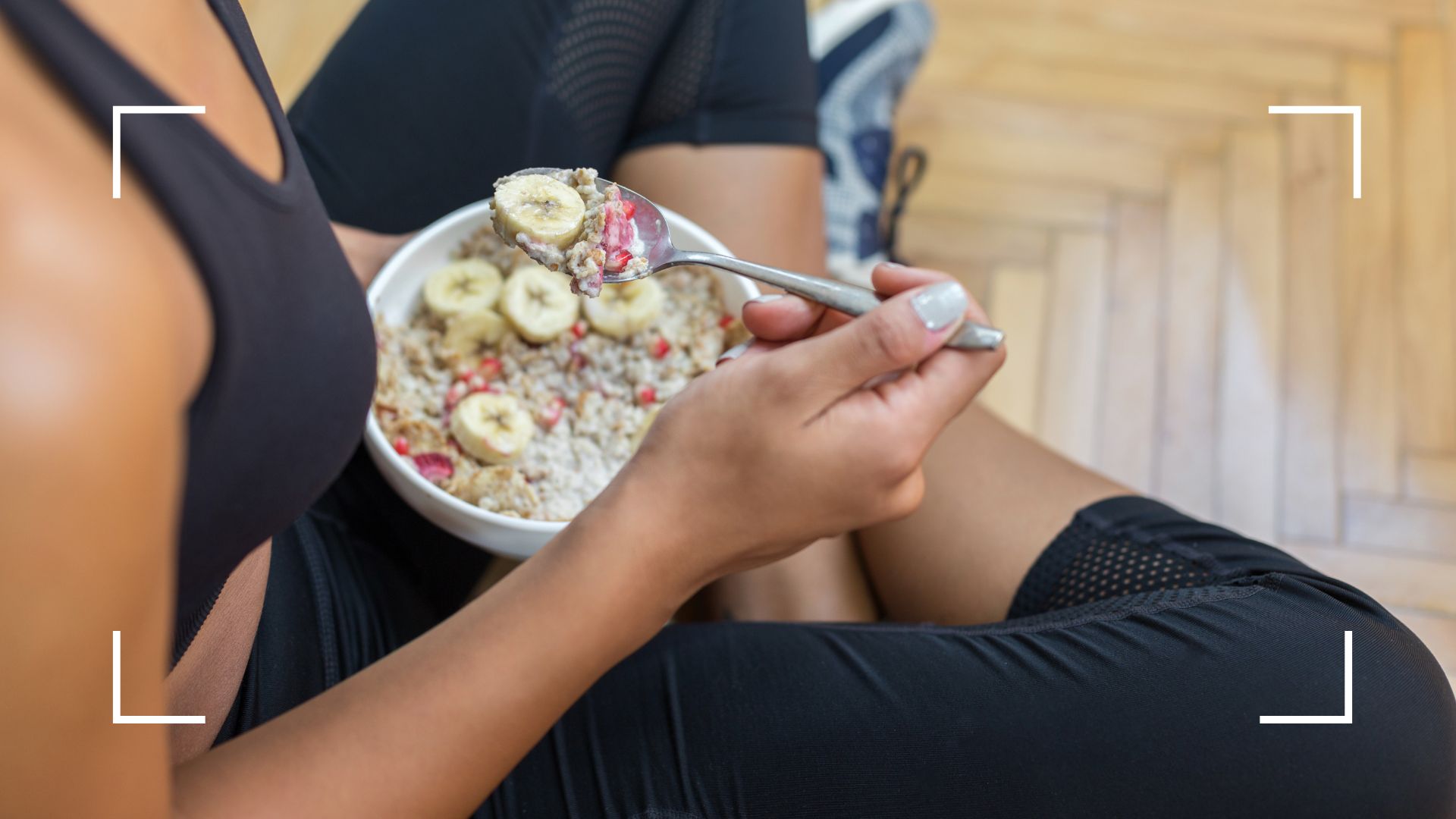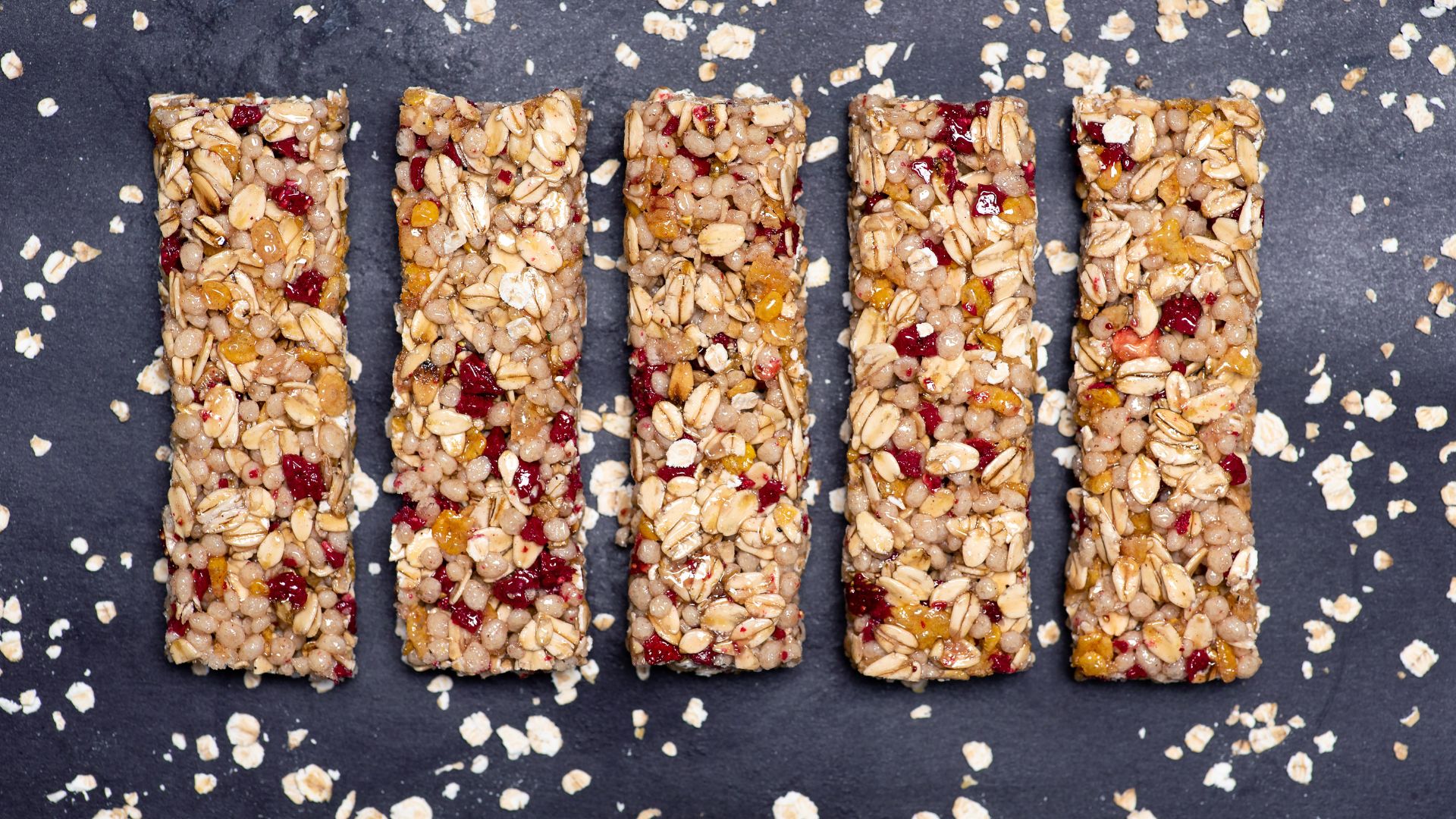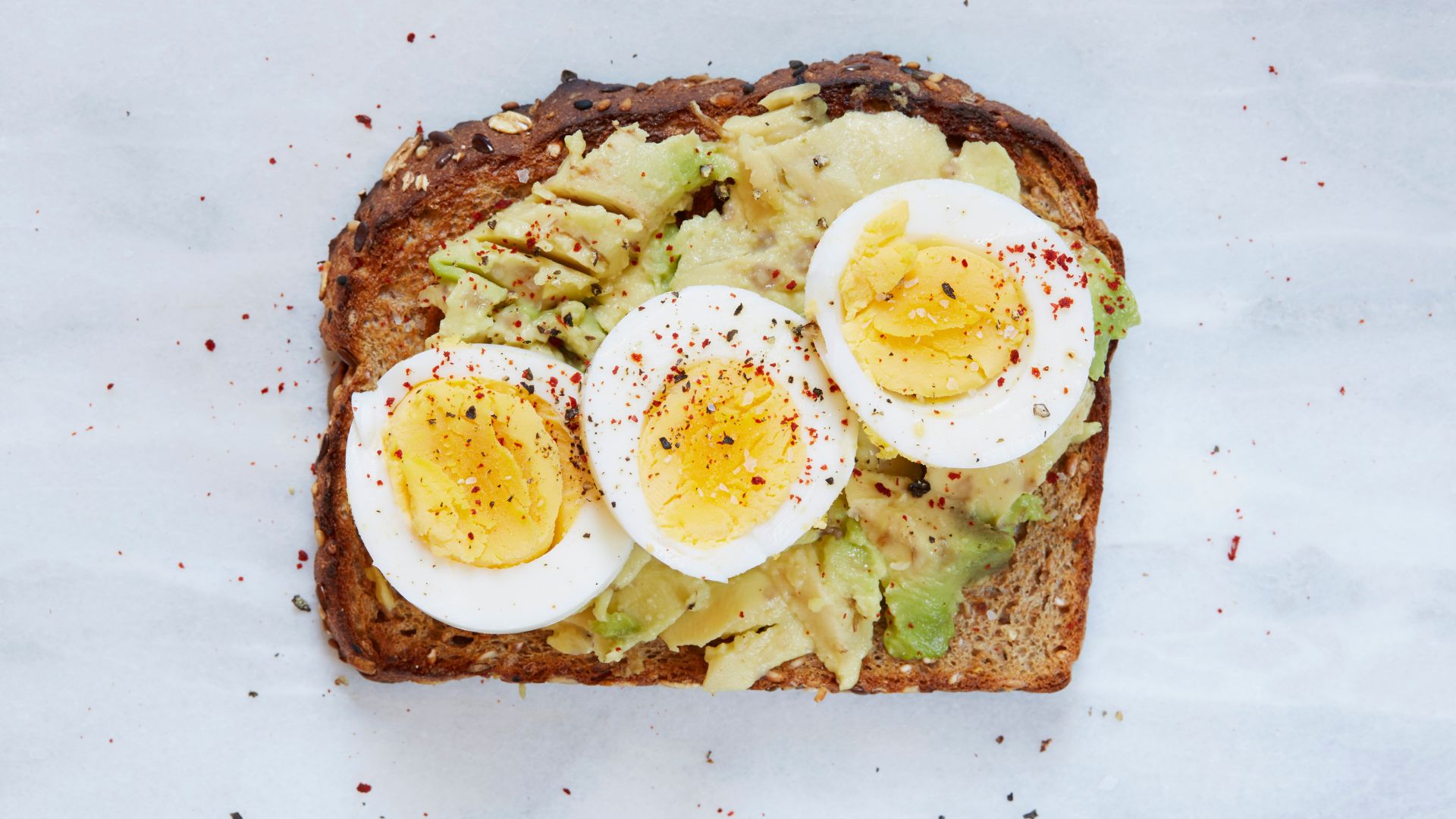Should I eat before or after a workout? Nutritionist reveals the best pattern to follow
Wondering if you should eat before or after a workout? A nutritionist reveals how to change your routine for the better


Should I eat before or after a workout? It’s a question many of us ask as we’re off to the gym or stepping into running trainers with a slight rumble in our stomachs. While you don’t want to be feeling too full before you exercise, not eating at all can mean you lose out on energy.
Many people will naturally head out to exercise on an empty stomach. After all, why would you risk a stitch halfway through your run? But fuelling up before your workout can make all the difference to the success of your workout and how you progress in your fitness journey over the long term.
To clear up the answer and help you avoid one of the most common workout mistakes, we've consulted with a nutritionist specializing in sports and exercise medicine. So whether you’re a cardio enthusiast or prefer strength training, this is what you need to know about eating before or after a workout, plus, what exactly you should eat to get the most out of your exercise regime.
Should I eat before or after a workout?
You should eat before your workout always, says Lily Chapman, a sports and exercise nutritionist. “In the hours before a workout, it’s essential to consume energy to help fuel exercise bouts, delay fatigue onset, reduce the rate of perceived exertion, which is how hard you feel your body is working, and increase your exercise capacity,” she says.
“In the hours after your workout, eating is also essential," she adds. Chapman, who works alongside P3rform, explains that eating after a workout will help you refuel your body, replenishing the substrates (aka glycogen, your body’s store of carbohydrates) used during training. “It will also help to renew, repair, and rebuild muscles in the body, and rehydrate from any fluids and electrolytes lost," she says.
However, much like everything else to do with nutrition and exercise, personal preference plays a huge role. If you prefer to do fasted LISS cardio or resistance training and eat afterward, evidence also suggests that's completely fine, and vice versa.
If you do choose to eat before you exercise though, picking a smaller meal will likely pay off and help you avoid issues like stitches and nausea. “Suspected causes of stitch include drinking too much fluid or eating too much food too close to the start of exercise, as well as reduced blood to the diaphragm, or the jolting motion causing stress on the ligaments around the abdomen, ” the nutritionist says.
Sign up to our free daily email for the latest royal and entertainment news, interesting opinion, expert advice on styling and beauty trends, and no-nonsense guides to the health and wellness questions you want answered.
When considering whether you should eat before or after a workout, keep to the rule around swimming we all learned as children in mind: no food at least two hours before you get in the water (or on the bike, into the gym, or out running).

What to eat before a workout
Carbohydrates should be the focus of your meal before you exercise, says Chapman. “These are the main energy source for exercise of moderate to high intensity, so consuming sources of these should help,” she explains. Specifically, 1 to 4g of carbohydrate per kilogram of body weight in the one to four hours before training should be suitable.
Some ideas of what to eat before a workout include:
- One bagel with two teaspoons honey (65g carbohydrates)
- Two bread rolls & strawberry jam (61g)
- Two low-sugar cereal bars (60g)
- One bowl of porridge, medium banana, with jam (65g)
Take your preferences into account too though when choosing your pre-workout snacks, the nutritionist suggests. “Liquid carbohydrates, for example, may be adequate for those who find it hard to stomach chewing and swallowing before training, especially early in the morning.”
It's also important to stay away from certain foods that could limit you, she says. "Avoid overhydration, and potentially remove foods high in fat, fiber, or protein that take longer to digest before your workout to reduce any gastrointestinal issues."

What to eat after a workout
When recovering from your workout, what you should eat depends on how much time you have. “If there’s a short recovery time between your workouts, 1 to 1.2g of carbohydrates per kilogram of body weight for the first few hours should be suitable, before turning back to regular dietary intakes,” says Chapman.
If you have more time to recover between different workouts, sticking to your regular diet immediately will be fine - just be sure to prioritize nutrients like carbohydrates and protein. “Protein-wise, aim for high-quality protein meals and snacking in the hours post-training as this should help to stimulate muscle protein synthesis. This should be around 0.3g per kilogram of body weight,” she says.
Post-workout nutrition does differ from pre-workout nutrition, however, as the speed at which your muscles utilize the protein you’ve consumed post-workout is elevated for up to 24 hours after your training has ended, research from MacMaster University reveals. “You should prioritize your total daily energy intake because of this,” confirms the nutritionist, especially if you're not looking to get into a calorie deficit to lose weight.
Some ideas of what to eat after a workout include:
- Two sweet potato protein brownies (34g protein)
- Two boiled eggs with two slices of buttered toast (20g)
- Greek yogurt, berries and nut butter (16g)
- Two Babybels, two Ryvita and cottage cheese (26g)

What are liquid carbohydrates?
Liquid carbohydrates are carbohydrates that come in the form of juices, energy drinks, milk, and yogurt drinks. They also come specially formulated in gels for use pre-exercise and during training, and they're ideal for anyone who may struggle with what to eat before or after a workout.
These sachets of liquid carbohydrates, such as those by Science In Sport (SIS), often also include electrolytes and they produce a similar effect to other solid forms of carbohydrates but can be used faster by the body. They are not meal replacements, rather supplements to offer an extra boost of energy before your workout.

Grace Walsh is woman&home's Health Channel Editor, working across the areas of fitness, nutrition, sleep, mental health, relationships, and sex. She is also a qualified fitness instructor. In 2025, she will be taking on her third marathon in Brighton, completing her first ultra marathon, and qualifying as a certified personal trainer and nutrition coach.
A digital journalist with over seven years experience as a writer and editor for UK publications, Grace has covered (almost) everything in the world of health and wellbeing with bylines in Cosmopolitan, Red, The i Paper, GoodtoKnow, and more.